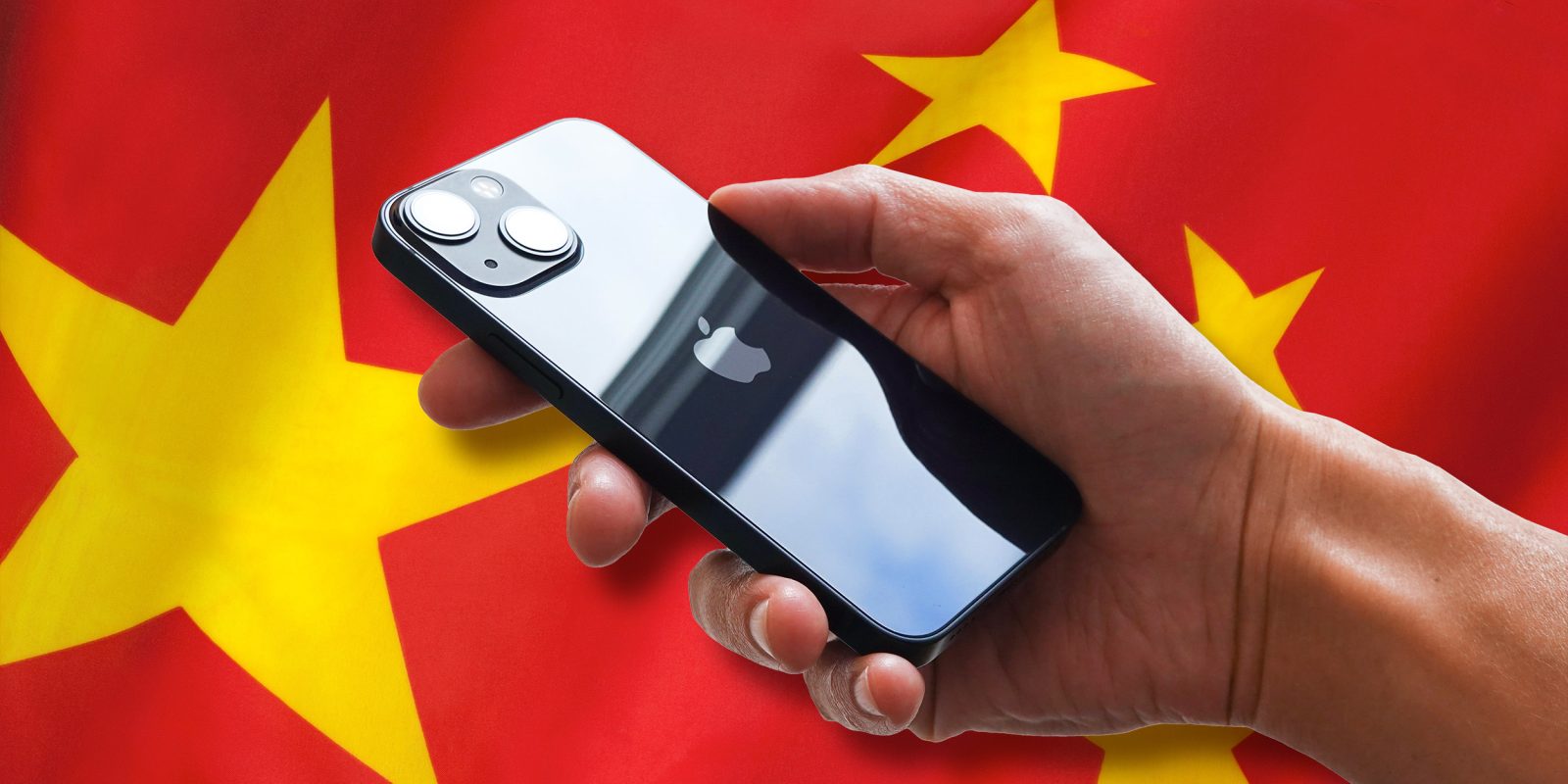
The Wall Street Journal reports this morning that Apple iPhone and other foreign technology devices have been banned for use in Chinese government agencies. Workers are no longer allowed to use these devices for work, or even bring them into the office premises.
This is a significant expansion of a longstanding Beijing policy, which aims to cut reliance on foreign technology amid foreign cybersecurity threats.
Apple iPhone holds a majority share of high-end smartphone sales in China, partly because rival Huawei has struggled to develop competitive 5G handsets in the wake of US sanctions.
The imposition of such a ban on the use of Apple devices in government premises has the potential to impact the allure of the company’s brand in China, harboring rumors of possible spying or interference, and possibly cut into customer sales.
It also flies in the face of Apple’s marketing of the iPhone as a privacy-first platform. Somewhat ironically, critics argue that Apple weakens the security of the iPhone in China in order to comply with local laws. For instance, iCloud data for Chinese citizens is stored on data center premises geographically located inside China, potentially making it easier for the state to intercept. Apple says only it holds the decryption keys for that information, however.
In general, foreign relations with China remain taught. The US has imposed various sanctions on the country, such as restricting advanced semiconductor exports in an effort to limit China’s military power. Meanwhile, China is on a campaign to reduce its dependency on foreign tech as much as possible, with the aim to develop a wholly independent domestic supply chain.
FTC: We use income earning auto affiliate links. More.






Comments